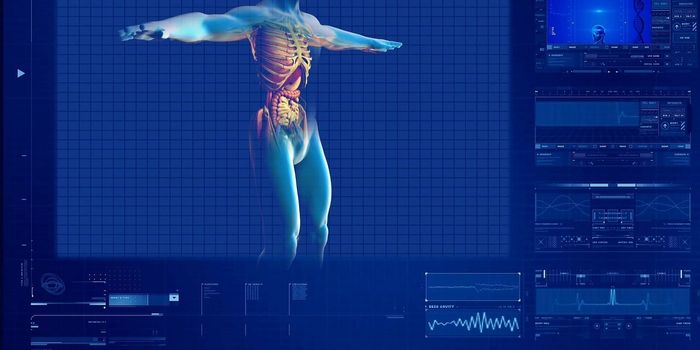AI Detects Symptoms of Urinary Tract Infections
One of the top causes of hospitalization of individuals living with dementia are urinary tract infections (UTI). A UTI is an infection of any part of the urinary system, from the kidneys to the bladder symptoms vary and can include discomfort in the lower part of the stomach, blood in urine, changes in mood and behaviors, and the urge to suddenly urinate.

Around 50 million people worldwide have dementia according to the World Health Organization (WHO) and is believed to reach 82 million in 2030 and 152 million in 2050. "Urinary tract infections are one of the most common reasons why people living with dementia go into hospital,” says Payam Barnaghi, Professor of Machine Intelligence at the University of Surrey's Centre for Vision, Speech and Signal Processing (CVSSP).
However, a study published in PLOS ONE has proposed a new method of technology aimed at UTI detection. “Our aim has been to create an Internet of Things led system that uses machine learning to alert our clinicians to potential health problems that we can step in and treat early,” explains Professor Helen Rostill, Director of Innovation and Development at Surrey and Borders Partnership NHS Foundation Trust. “The system helps to improve the lives of people with dementia and their careers and could also reduce pressure on the NHS."
This technology is a novel machine learning algorithm called Non-negative Matrix Factorization which aims to catch early UTI symptoms. “We have developed a tool that is able to identify the risk of UTIs so it is then possible to treat them early. We are confident our algorithm will be a valuable tool for healthcare professionals, allowing them to produce more effective and personalized plans for patients."
Learn more about urinary tract infections (UTI):
Results of the study are published in PLOS ONE.
"I am delighted to see that the algorithms we have designed have an impact on improving the healthcare of people with dementia and providing a tool for clinicians to offer better support to their patients,” says Dr Shirin Enshaeifar, Senior Research Fellow at CVSSP.
Source: Science Daily, PLOS ONE









